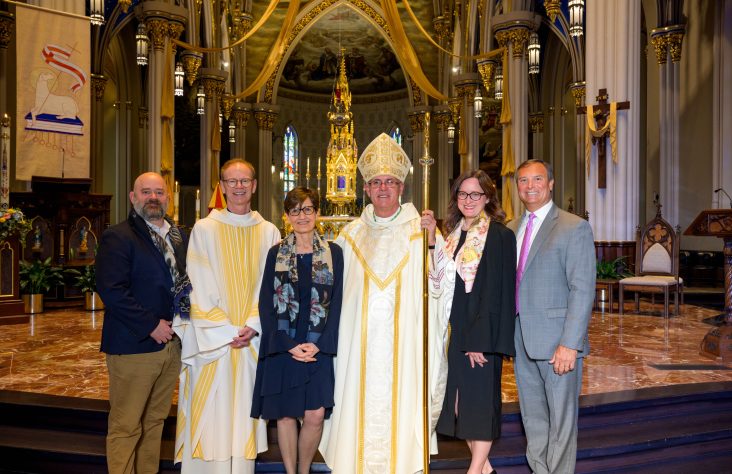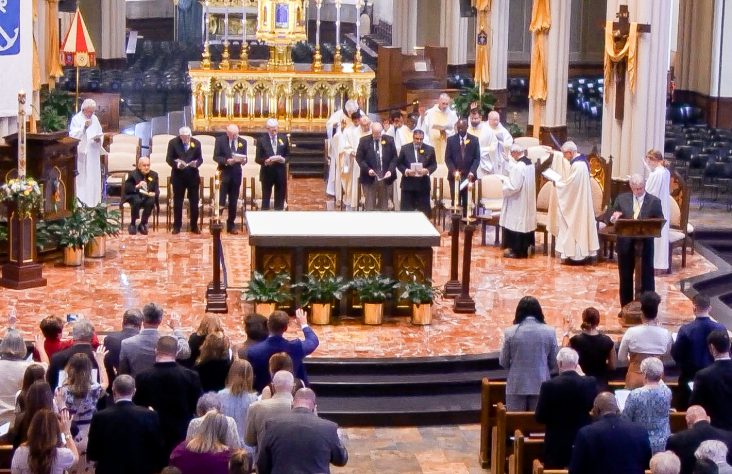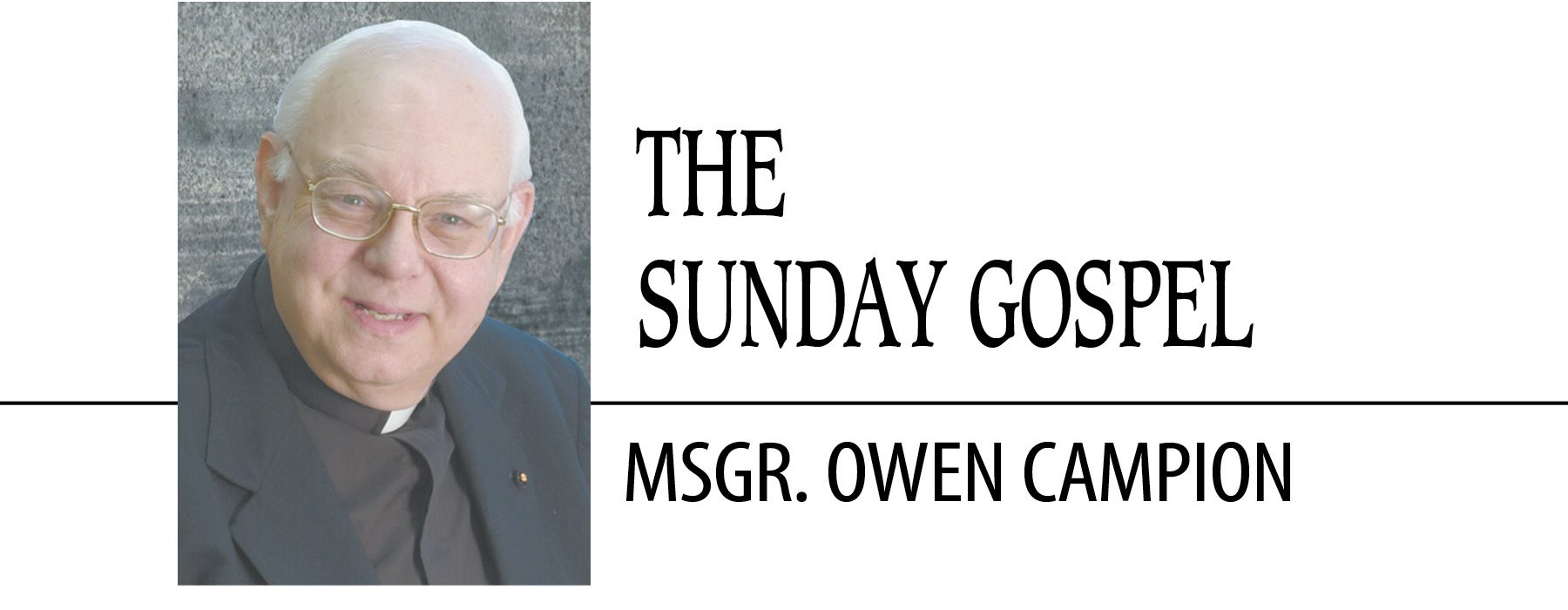September 23, 2023 // Perspective
To Gain Eternity, We Must Choose to Follow God
Twenty-Fifth Sunday in Ordinary Time
The last section of the Book of Isaiah provides this weekend with its first reading. Virtually none of the prophets of ancient Israel wrote when times were good, or at least when the prophets perceived the times to be good.
Certainly, the author of the section of the Book of Isaiah from which this weekend’s reading comes hardly regarded the times to be good.
An added dimension to the story of the unhappy plight then being endured by God’s people is that when they returned from Babylon, where they and their ancestors had been in exile for four generations, they found not relief but want. Having greeted the fact that their exile was over with great rejoicing, convinced that God had provided for them and had rescued them, they found misery and despair waiting them.
It is easy to imagine their anger. They were furious with God. For generations, they had trusted that God would come to their aid. This prophet had to restore their trust in God.
In this reading, Third Isaiah warns the people not to put their trust in scoundrels. The prophet tells the people to call upon God, the source of true strength, regardless of fleeting appearances to the contrary.
For this weekend’s second reading, the Church offers us a passage from the Epistle to the Philippians. The Apostle Paul, in this epistle’s soaring language, proclaims the divinity of Christ, the Savior, the Son of God. Paul continues to explain the intimate, inseparable link between the Lord and true disciples. Come what may on earth, a disciple will never die, if the disciple is constant in loving God and following Christ in obedience to God.
St. Matthew’s Gospel provides the last reading, a parable. This parable is set within the context of everyday life in Palestine at the time of Jesus. Agriculture was the pursuit of most. Life was hard. Poverty was epidemic. Gainful employment was at a premium. Men looking for work, and income, came to village centers each morning, making themselves available for work. Persons with projects came to these places and hired these men.
It was a buyer’s market. No labor statutes or requirements for any minimum wage restrained employers in their pursuit of profit. Still, at least for Jews, certain expectations of fairness prevailed. A denarius was a typical day’s wage.
Jesus used the term “vineyard.” It immediately recalled Old Testament references to Israel as God’s vineyard. So, the story from the beginning had a theological and moral quality. God owned and cared for the vineyard. He set the rules, but God hires the men. He, therefore, provides them with survival itself.
Two powerful lessons emerge. The first is that God is enormously generous. The second is that God’s ways are not necessarily our ways – a reality we seldom remember.
Reflection
For some weeks, the Church, through these weekend readings, has been calling us to follow Christ. Wisely, in this process, the Church recognizes that some of us hesitate not because we do not want to be with the Lord, but because we bear the burden of guilt or doubt, assuming that our self-created distance from God is too great to bridge.
Emphatically, in these readings, the Church reassures us of the unlimited mercy of God. God is the source of life. He lavishly offers it to us.
Whatever our sins if we repent, even at a late hour, God’s loving forgiveness awaits us.
Ultimately, however, we must choose to be with God, to be disciples. No one is dragged, kicking and screaming, into heaven. Discipleship requires faith. Paul’s words call us to faith with the reminder that, without God, all is folly, all is impermanent, and all is death. God alone offers life.
The best news. Delivered to your inbox.
Subscribe to our mailing list today.






